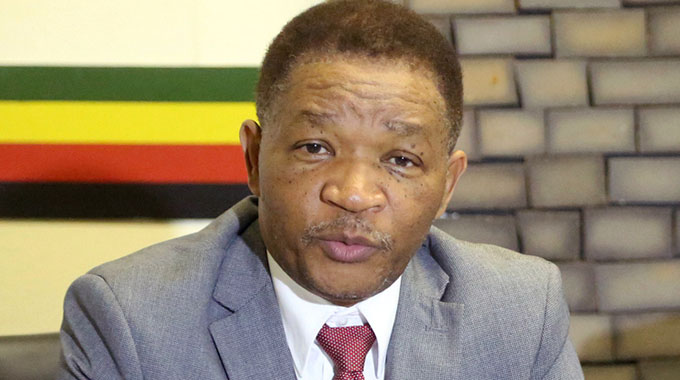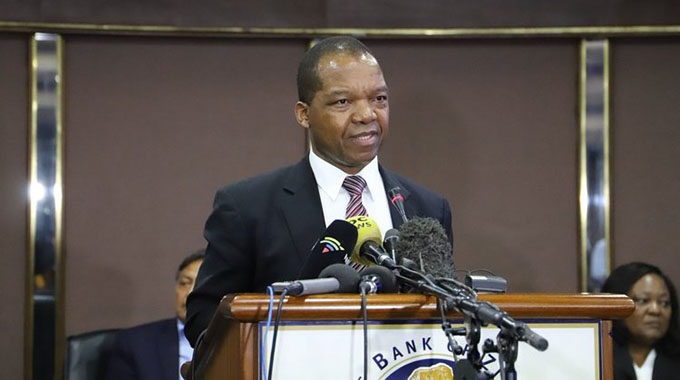Malawians retrace their founding fathers’ dream

Ranga Mataire
Writing Back
A lot happened last week in our small cosmos called Southern Africa.
This is a region rich in history and culture, coupled with a resourceful and resilient people whose hospitality can easily be mistaken for meekness.
So, what happened in SADC? In South Africa, concern grew over rising cases of Covid-19. The country’s Finance Minister Tito Mboweni issued an emergency budget that laid bare the delicate economic situation the country finds itself in.
Mboweni told MPs that South Africa would be borrowing about US$7 billion from multilateral lenders to support its response to the coronavirus pandemic.
In Namibia, there was debate after President Hage Geingob issued a statement saying his government will legalise abortion to prevent needless deaths due to backstreet abortions.
But by far, the most topical story in southern Africa today is the electoral triumph of Mr Lazarus Chakwera in the Malawian presidential election re-run.
Mr Chakwera was pronounced the winner with 2.6 million votes, ahead of incumbent president Peter Mutharika who polled 1.75 million followed by a little-known Peter Kuwani who had 32 400 votes.
As Mr Chakwera was sworn in yesterday as the new President of Malawi, opinion was divided in Zimbabwe.
Simplistic parallels were drawn between Malawi and Zimbabwe. Mr Chakwera’s win was touted as a victory for opposition forces in southern Africa and beyond.
On the other hand, a large section of the Zimbabwean population, judging by comments on social media, was more circumspect. They looked deeper.
An evangelist, Mr Chakwera is not new to the Malawi political scene. He won the elections as a candidate for a nine-party coalition, the Tonse Alliance.
He had the backing of former president Joyce Banda as well as the country’s vice president, Saulos Chilima, his running mate.
Mr Chakwera came into the coalition representing the Malawi Congress Party (MCP).
MCP is Malawi’s party of liberation, founded by nationalist Orton Chirwa and others. It was Chirwa who invited founding leader Kamuzu Banda to come and lead MCP, which became the ruling party of Malawi at independence.
Mr Chakwera recently referred to Chirwa as the founding father of Malawi saying: “Orton was and remains the founding father of the Malawi nation because it is him who formed the MCP and invited Kamuzu Banda from England to come and lead this country. He was selfless and a true hero.”
In essence, Mr Chakwera believes that his election has reignited the dream of the nation’s founders.
There is something that Mr Chakwera said during the transition that might have escaped the ululating fans, especially those in Zimbabwe.
Unbeknown to some local opposition cheerleaders, Malawians could just have had their own “Operation Restore Legacy” by retracing their footsteps to Orton Chirwa.
Firstly, addressing supporters after elections, Mr Chakwera mentioned that Malawi, in his view, has strayed from its path “over the last 26 years”.
That is the period the MCP has been out of power since the 1994 elections. In other words, according to Mr Chakwera, the MCP is back to restore the country to the right path.
Secondly, in his acceptance speech, Mr Chakwera mentioned that there was good governance under MCP.
“Now, I am no stranger to the benefits of good government. Although I was raised in a poor village like most Malawians; raised without inherited riches or political connections like most Malawians; raised without electricity or running water like most Malawians; I stand here today because I had one of the blessings of God that young Malawians today do not: The blessing of growing up in a well-governed Malawi,” Mr Chakwera said.
Mr Chakwera acknowledged the dark past, but is looking to restore whatever good the MCP was originally founded upon.
One factor many now ignore is that the vote may have been a reflection of the people of Malawi’s disdain for the perpetuation of the Mutharika dynasty. It is apparent in Mr Chakwera’s speeches.
There should, therefore, not be this over simplification of narratives that compare the Malawian elections with what has happened in Zimbabwe.
Much of this over simplification emanates from a skewed education system that glosses over the distinct independence trajectories of Zambia, Zimbabwe and Malawi.
Although Zimbabwe, Zambia and Malawi were once under one administration during the Rhodesia Federation and Nyasaland, the former remains distinctively different in that it is the only one which literally took arms to liberate itself.
The tendency to indulge in childish idyllic comparisons devoid of context are often a result of social media miseducation. It tries to project Zimbabwe’s context on other countries, out of desperation.
By electing Mr Chakwera, Malawians are expressing their will to end family dynasties and rediscover their soul by going back to the source.
As it stands, southern Africa now boasts seven liberation parties running the affairs of their countries. In South Africa we have ANC, Namibia (SWAPO), Angola (MPLA), Zimbabwe (ZANU PF), Mozambique (FRELIMO) and Tanzania’s Chama Cha Mapinduzi. Malawi is the latest addition.
As painful as it sounds to latter day political “ministries”, most citizens still trust former liberation movements to govern their national affairs.
For now, as they say in Chichewa, khazikani mtima pansi.










Comments